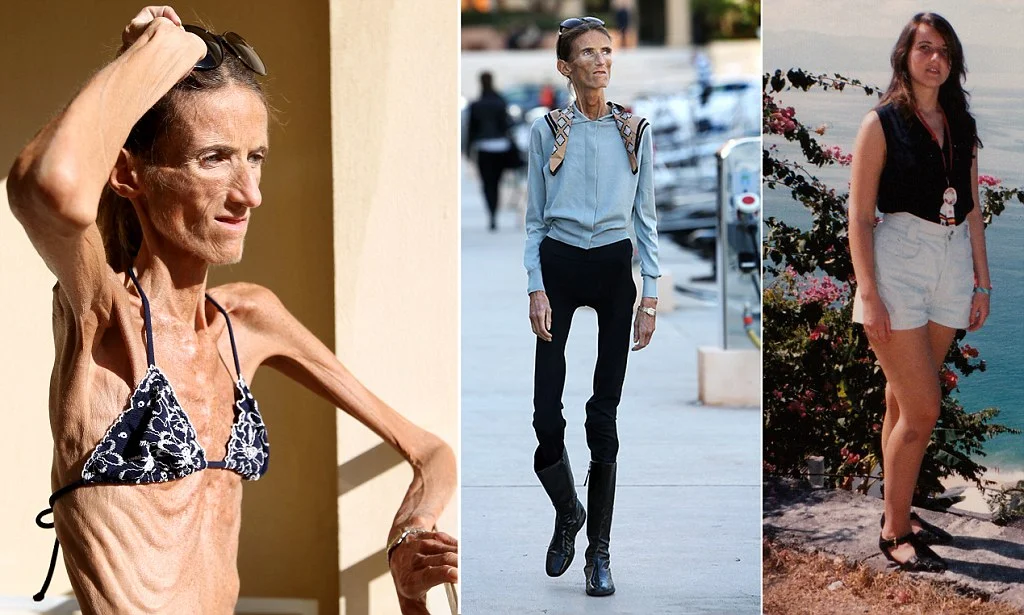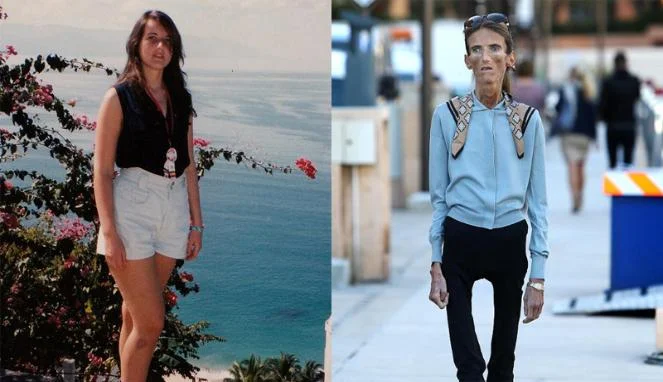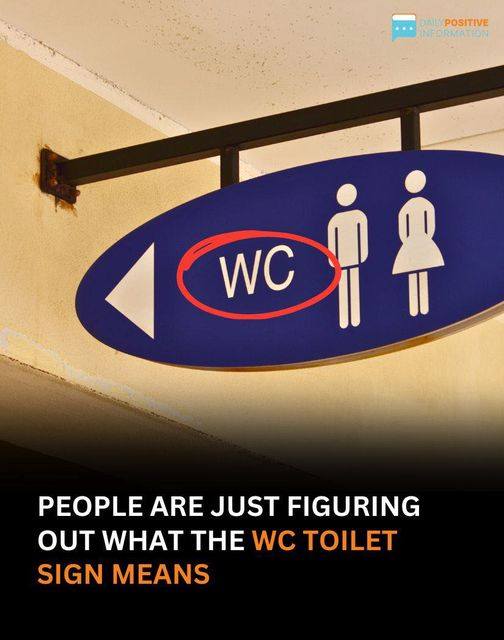Valeria Levitin: The World’s Thinnest Woman
Valeria Levitin, a name that evokes both intrigue and concern, holds the controversial title of the “world’s thinnest woman.” Weighing just 56 pounds, Levitin’s extreme thinness is not a result of fashion or desire but a severe case of anorexia nervosa—a devastating mental health disorder that affects many lives worldwide. Her story serves as a stark reminder of the perils of unhealthy body ideals and the importance of understanding the reality behind such extreme cases.

Anorexia nervosa is a serious eating disorder characterized by an intense fear of gaining weight and a distorted body image. It often leads individuals to drastically reduce their food intake, resulting in severe malnutrition and extreme thinness. Valeria Levitin’s weight of 56 pounds is a tragic example of how far this disorder can push someone.
Despite her fragile condition, Levitin has become a focal point of media attention. This attention has unfortunately included some misguided portrayals, where she has been seen as a symbol of extreme thinness rather than a cautionary tale. Her plight underscores the critical need for a better understanding of mental health and the impact of eating disorders.
Levitin has expressed deep horror and concern over being presented as a role model for those aspiring to achieve extreme thinness. In reality, her condition is a severe health crisis, not an aspiration to be emulated. The portrayal of her as a role model for extreme body types is both harmful and misleading.
Eating disorders are complex mental health issues that require professional treatment and support. They are not about fashion or personal choice but are serious conditions that demand compassion, understanding, and medical intervention. Misrepresenting Levitin’s situation as a desirable outcome only perpetuates unhealthy ideals and exacerbates the struggles faced by those with similar conditions.
The media’s portrayal of Levitin and others with extreme thinness can have far-reaching effects on public perception and body image. It can contribute to dangerous beauty standards and normalize unhealthy behaviors. For individuals struggling with body image issues, such portrayals can exacerbate their conditions and lead to worsening mental and physical health.
Conversely, highlighting the severity of anorexia nervosa and the realities faced by individuals like Levitin can help raise awareness about the disorder. It can promote a more accurate understanding of the challenges associated with eating disorders and encourage a supportive approach to those in need.

It is essential to approach discussions about extreme body types and eating disorders with sensitivity and accuracy. Instead of glorifying or idolizing extreme thinness, efforts should focus on educating the public about the signs, causes, and treatments for eating disorders. Support and resources should be directed toward helping those affected rather than perpetuating harmful stereotypes.
Levitin’s story can serve as a powerful tool for advocacy, highlighting the importance of mental health awareness and the need for compassionate support. By addressing the issue of eating disorders openly and accurately, we can work towards a society that values health and well-being over superficial ideals.
For those affected by eating disorders or struggling with body image issues, seeking professional help is crucial. Various treatment options, including therapy, counseling, and medical support, are available to address the complexities of eating disorders. Support from friends, family, and healthcare providers can make a significant difference in recovery and managing the disorder.
If you or someone you know is struggling with an eating disorder, consider reaching out to a mental health professional or support organization. There are resources and treatment options available to help individuals navigate their journey to recovery and promote a healthier relationship with food and body image.



